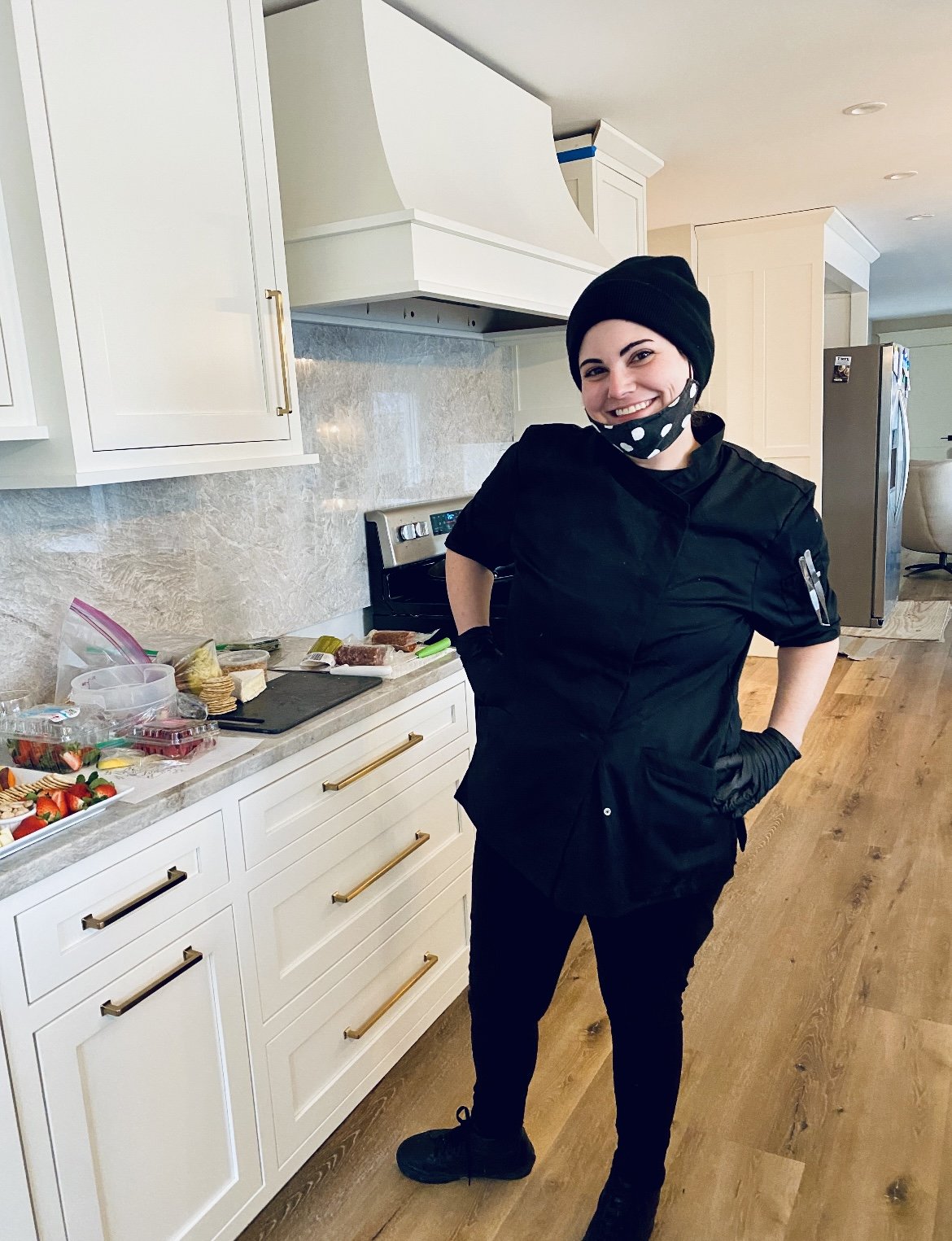On Food and Cooking by Harold McGee: The Science Behind Every Great Dish
5 out of 5 stars
Unveiling the Science of Cooking
As a chef who loves science, I’ve always been fascinated by the “why” behind the techniques we use in the kitchen. That’s why Harold McGee’s On Food and Cooking: The Science and Lore of the Kitchen is a book I come back to time and again. This isn’t just a cookbook—it’s a comprehensive exploration of the science that underpins every great dish.
Whether you’re a professional chef or a curious home cook, this book will change the way you think about food and cooking.
Why This Book is Essential for Every Kitchen
What sets On Food and Cooking apart is Harold McGee’s ability to make food science both accessible and endlessly fascinating.
He takes complex topics—like the chemical reactions behind browning, the structure of proteins, or the intricacies of fermentation—and breaks them down into concepts that are easy to understand and immediately applicable in the kitchen.
This book has a unique way of connecting science with the art of cooking. It’s not about recipes—it’s about understanding what’s happening to your ingredients as you cook, which allows you to troubleshoot, experiment, and innovate with confidence.
Lessons I’ve Applied in My Kitchen
One of the most eye-opening sections for me was McGee’s explanation of the Maillard reaction—the chemical process behind the browning of meat and other foods. I’ve always known that browning equals flavor, but McGee’s detailed breakdown of the reaction helped me refine my techniques, from searing steaks to baking bread.
Another transformative chapter is on eggs, where McGee explains everything from their structure to the science of custards. His insights have elevated my ability to make perfectly poached eggs, creamy hollandaise, and silky custards for desserts. It’s the kind of knowledge that gives you an edge in the kitchen, no matter what you’re cooking.
Why Home Cooks Will Love This Book
While this book is a staple for professional chefs, it’s also an incredible resource for home cooks.
If you’ve ever wondered why pasta water should be salted, how to achieve the perfect texture in a roast, or why adding acid can brighten a dish, this book has the answers.
McGee’s writing is approachable and engaging, even when tackling scientific concepts. He covers a wide range of topics, from the history of breadmaking to the chemistry of chocolate, making it a book you can both learn from and enjoy reading.
How It Shapes My Teaching
As a private chef who also teaches molecular gastronomy (food science), I use concepts from On Food and Cooking to help students understand the science behind the techniques we practice.
For example, when we explore the importance of emulsification in making sauces like vinaigrettes or hollandaise, I reference McGee’s detailed explanation of how fats and liquids combine.
Another favorite is teaching the science of heat transfer, which helps students understand why low and slow cooking works for braises or why shocking blanched vegetables in ice water preserves their vibrant color.
The book’s depth allows me to answer even the most technical questions with confidence while inspiring students to explore the “why” behind their own cooking.
What Makes This Book Timeless
The beauty of On Food and Cooking lies in its timelessness. Food science doesn’t go out of style; the principles McGee explores are as relevant today as they were when the book was first published. It’s a guide that grows with you, offering new insights each time you revisit it.
Who Should Read This Book?
If you’re a chef, this book is essential for refining your craft. It provides the scientific foundation for understanding and mastering every aspect of cooking. For home cooks, it’s a tool that demystifies the kitchen, giving you the confidence to experiment and elevate your dishes.
Even if you don’t cook often, this book will change how you think about food. It’s a celebration of curiosity and a reminder that cooking is both an art and a science.
Final Thoughts
Harold McGee’s On Food and Cooking is more than a book—it’s a journey into the heart of what makes food delicious and cooking an endlessly rewarding craft.
This book has shaped my approach to cooking and teaching, providing the knowledge to troubleshoot when things go wrong and the inspiration to innovate when creating something new.
Whether you’re a seasoned chef or someone just starting out, On Food and Cooking will deepen your appreciation for the science and art of the kitchen.
I give it 5 stars for its depth, clarity, and enduring value. It’s a book that belongs in every kitchen and one that I will continue to revisit for years to come.
For more exclusive content, to learn about me, and explore my credentials please visit my website and blog at www.RebeccaRaffle.com.
Topics Included
On Food and Cooking review
Harold McGee book on food science
Kitchen science for chefs and home cooks
Best books for understanding food chemistry
Maillard reaction explained
Culinary techniques and food science
Chef Rebecca Raffle
Food science for beginners and professionals
Essential books for every kitchen
Cooking science and troubleshooting tips




Ever feel like time slows down during tough moments or flies by when you’re having fun? It’s not your imagination, it’s science! Explore the fascinating world of time perception, from Einstein’s relativity to how emotions and focus shape our experience of time. Plus, get practical tips to slow down and savor life’s moments. Whether you’re a curious foodie, science enthusiast, or someone seeking mindful living hacks, this blog will change how you see time forever.